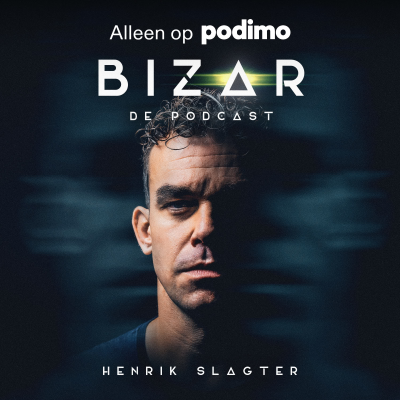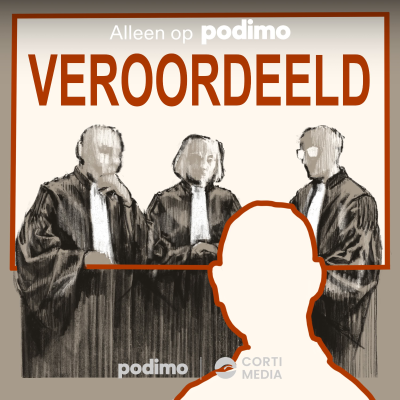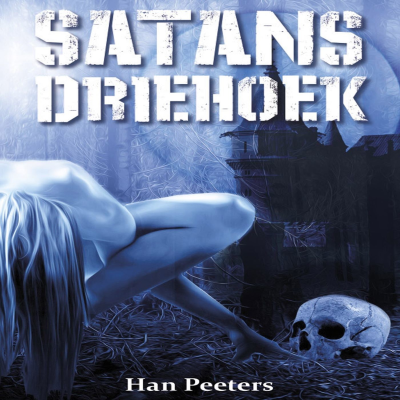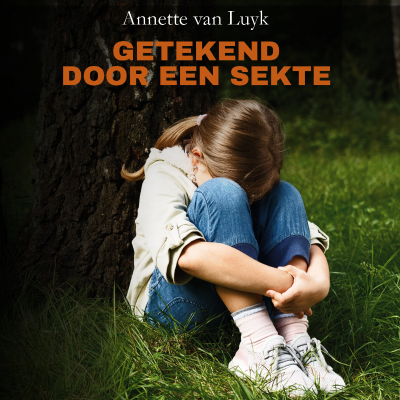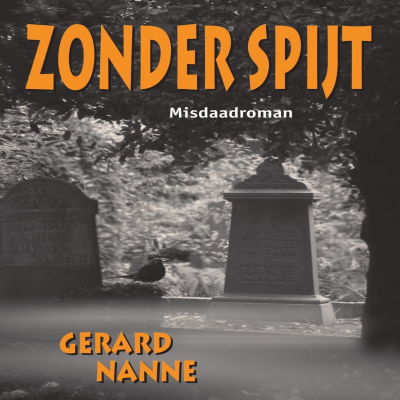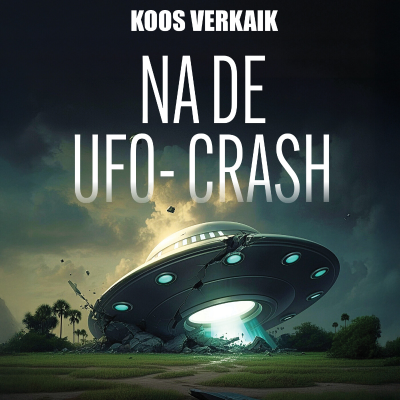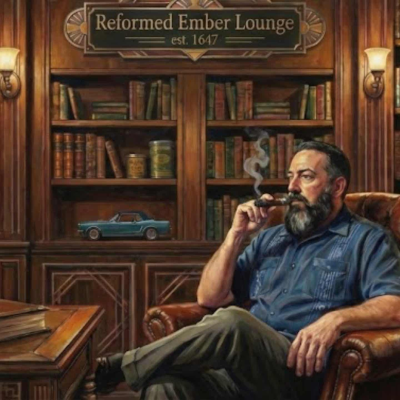
The Reformed Ember Lounge
Engels
Persoonlijke verhalen & gesprekken
Tijdelijke aanbieding
2 maanden voor € 1
Daarna € 9,99 / maandElk moment opzegbaar.
- 20 uur luisterboeken / maand
- Podcasts die je alleen op Podimo hoort
- Gratis podcasts
Over The Reformed Ember Lounge
Explore the depths of confessional reformed theology, standing boldly against the prevailing currents of the world. Join us in navigating the timeless truths that defy the status quo. www.reformation.blog
Alle afleveringen
403 afleveringenChristian Education: The Future Hope of America
The Right Wing Reverend video series by the late Rev. Dr. Kenneth G. Talbot offers a bold, biblically grounded critique of modern political and cultural drift. Though filmed during the Obama–Romney election cycle, its principles remain strikingly relevant. Dr. Talbot applies historic Reformed theology to questions of civil government, liberty, moral decline, and the church’s public witness, challenging viewers to think clearly and stand faithfully in an age of confusion. For Christians seeking clarity, conviction, and a worldview anchored in Scripture rather than shifting political winds, The Right Wing Reverend remains a timely and valuable resource from a faithful shepherd now at rest. Get full access to The Reformed Ember Lounge at www.reformation.blog/subscribe [https://www.reformation.blog/subscribe?utm_medium=podcast&utm_campaign=CTA_4]
Public Education: Where Do We Begin?
The Right Wing Reverend video series by the late Rev. Dr. Kenneth G. Talbot offers a bold, biblically grounded critique of modern political and cultural drift. Though filmed during the Obama–Romney election cycle, its principles remain strikingly relevant. Dr. Talbot applies historic Reformed theology to questions of civil government, liberty, moral decline, and the church’s public witness, challenging viewers to think clearly and stand faithfully in an age of confusion. For Christians seeking clarity, conviction, and a worldview anchored in Scripture rather than shifting political winds, The Right Wing Reverend remains a timely and valuable resource from a faithful shepherd now at rest. Get full access to The Reformed Ember Lounge at www.reformation.blog/subscribe [https://www.reformation.blog/subscribe?utm_medium=podcast&utm_campaign=CTA_4]
Public Education: The American System
The Right Wing Reverend video series by the late Rev. Dr. Kenneth G. Talbot offers a bold, biblically grounded critique of modern political and cultural drift. Though filmed during the Obama–Romney election cycle, its principles remain strikingly relevant. Dr. Talbot applies historic Reformed theology to questions of civil government, liberty, moral decline, and the church’s public witness, challenging viewers to think clearly and stand faithfully in an age of confusion. For Christians seeking clarity, conviction, and a worldview anchored in Scripture rather than shifting political winds, The Right Wing Reverend remains a timely and valuable resource from a faithful shepherd now at rest. Get full access to The Reformed Ember Lounge at www.reformation.blog/subscribe [https://www.reformation.blog/subscribe?utm_medium=podcast&utm_campaign=CTA_4]
Public Education: Controlling the Future
The Right Wing Reverend video series by the late Rev. Dr. Kenneth G. Talbot offers a bold, biblically grounded critique of modern political and cultural drift. Though filmed during the Obama–Romney election cycle, its principles remain strikingly relevant. Dr. Talbot applies historic Reformed theology to questions of civil government, liberty, moral decline, and the church’s public witness, challenging viewers to think clearly and stand faithfully in an age of confusion. For Christians seeking clarity, conviction, and a worldview anchored in Scripture rather than shifting political winds, The Right Wing Reverend remains a timely and valuable resource from a faithful shepherd now at rest. Get full access to The Reformed Ember Lounge at www.reformation.blog/subscribe [https://www.reformation.blog/subscribe?utm_medium=podcast&utm_campaign=CTA_4]
Taxation: Perpetual Indentured Servitude
The Right Wing Reverend video series by the late Rev. Dr. Kenneth G. Talbot offers a bold, biblically grounded critique of modern political and cultural drift. Though filmed during the Obama–Romney election cycle, its principles remain strikingly relevant. Dr. Talbot applies historic Reformed theology to questions of civil government, liberty, moral decline, and the church’s public witness, challenging viewers to think clearly and stand faithfully in an age of confusion. For Christians seeking clarity, conviction, and a worldview anchored in Scripture rather than shifting political winds, The Right Wing Reverend remains a timely and valuable resource from a faithful shepherd now at rest. Get full access to The Reformed Ember Lounge at www.reformation.blog/subscribe [https://www.reformation.blog/subscribe?utm_medium=podcast&utm_campaign=CTA_4]
Kies je abonnement
Tijdelijke aanbieding
Premium
20 uur aan luisterboeken
Podcasts die je alleen op Podimo hoort
Gratis podcasts
Elk moment opzegbaar
2 maanden voor € 1
Daarna € 9,99 / maand
Premium Plus
Onbeperkt luisterboeken
Podcasts die je alleen op Podimo hoort
Gratis podcasts
Elk moment opzegbaar
Probeer 30 dagen gratis
Daarna € 11,99 / maand
2 maanden voor € 1. Daarna € 9,99 / maand. Elk moment opzegbaar.






